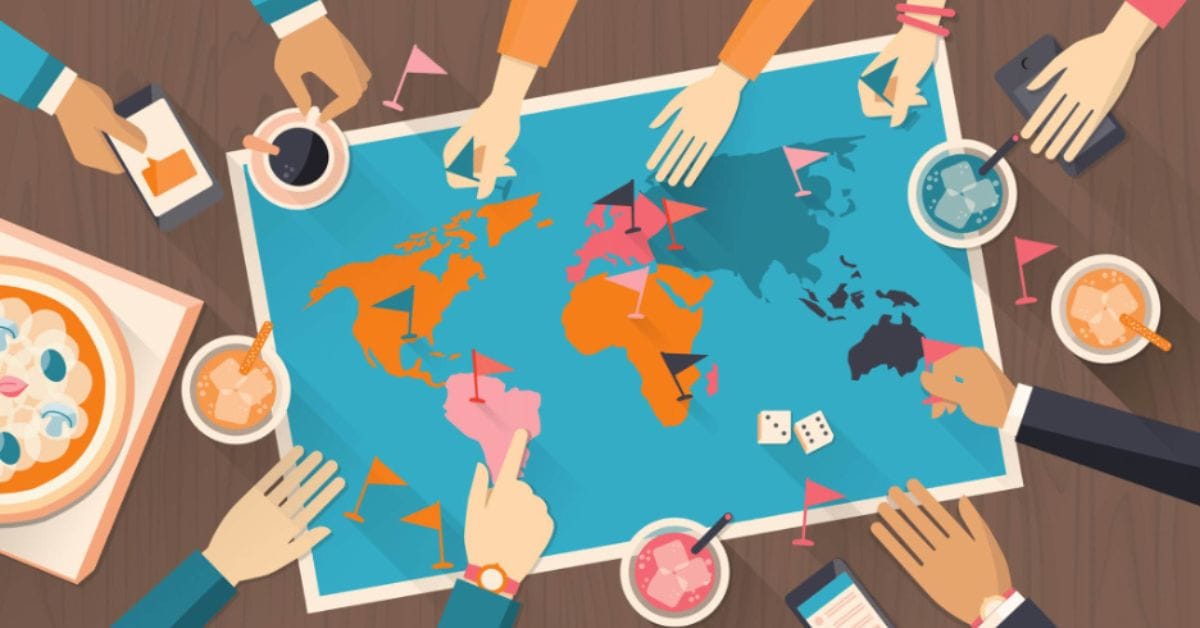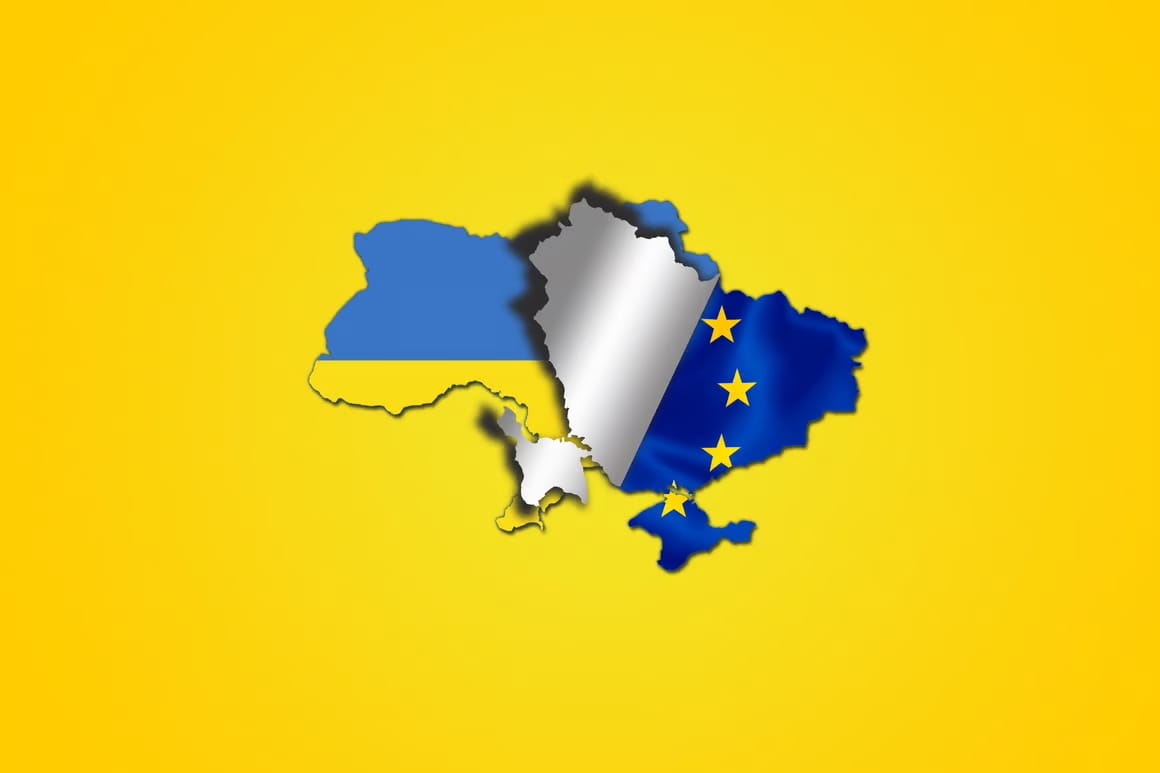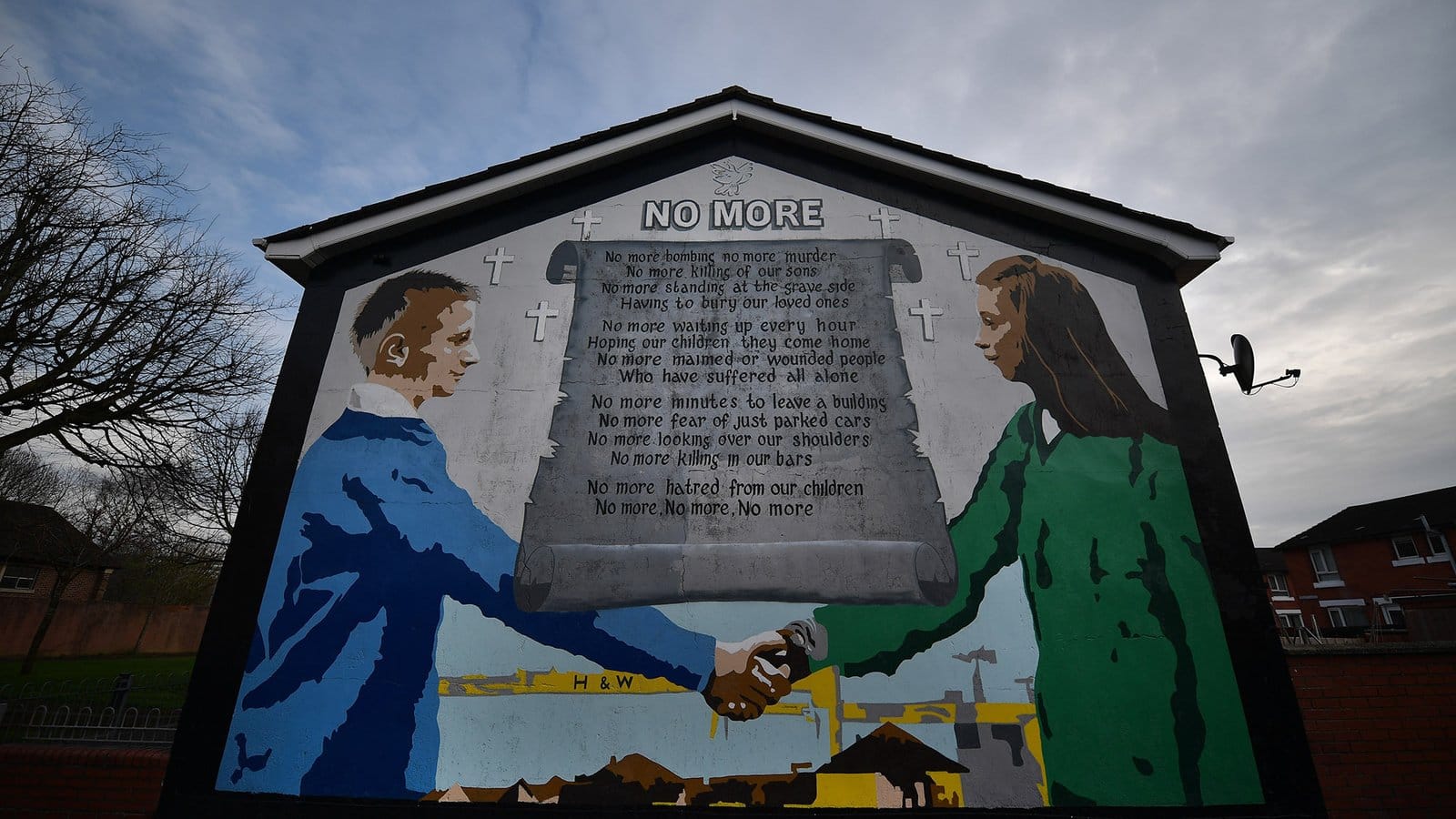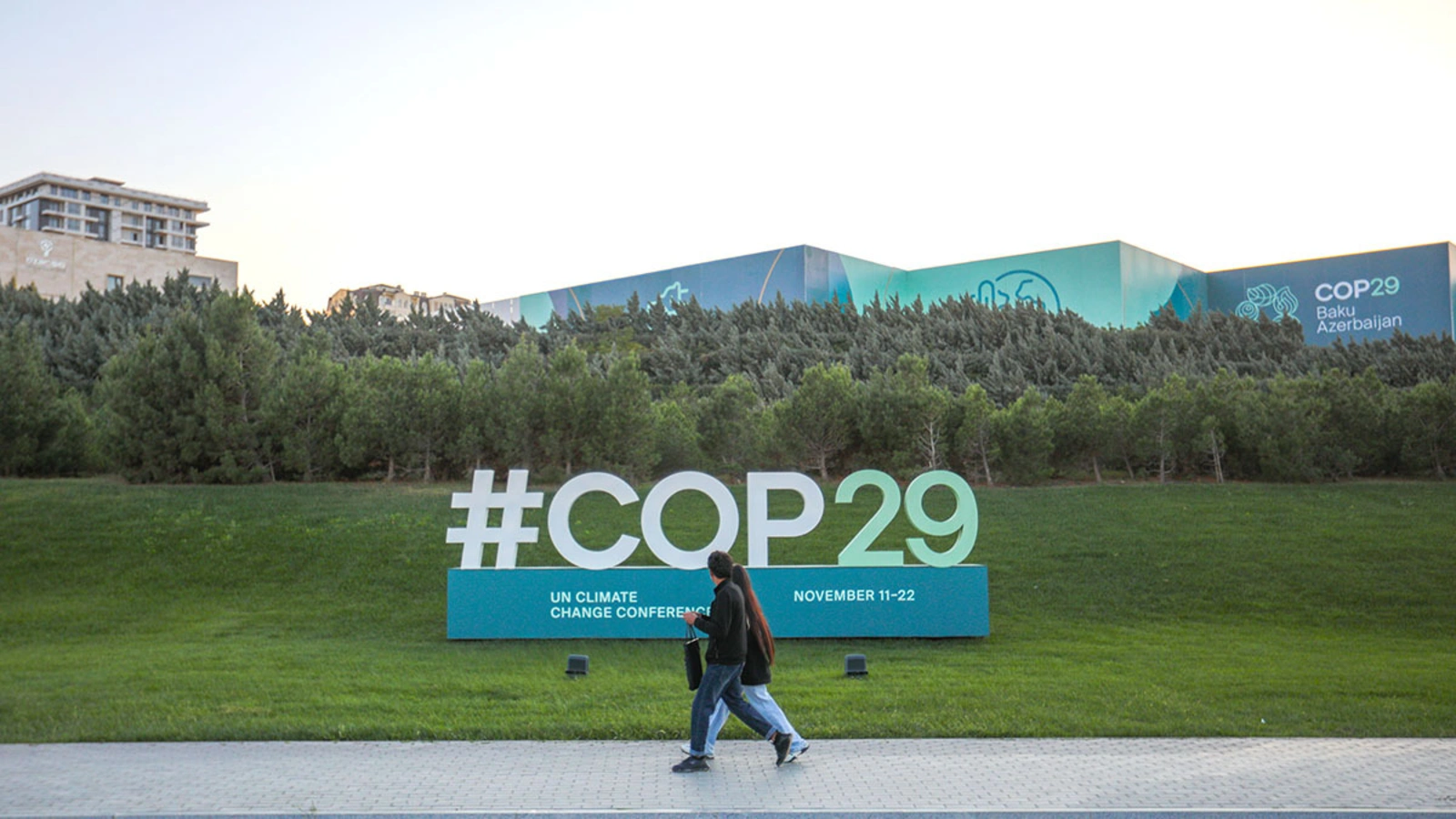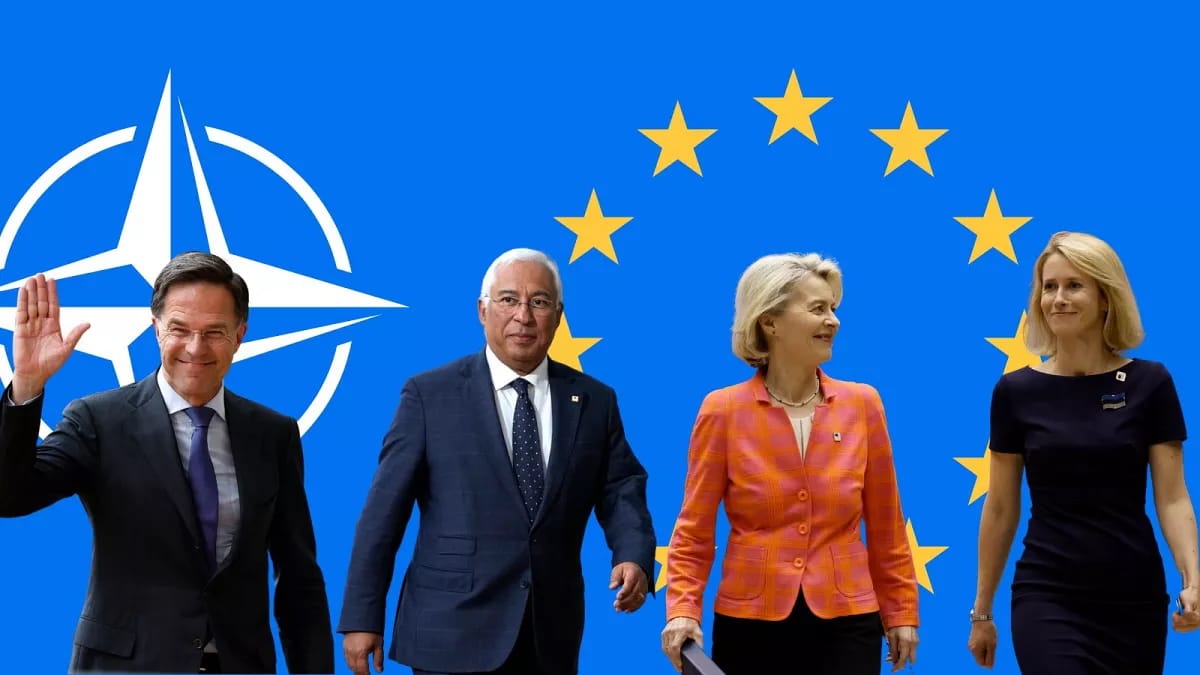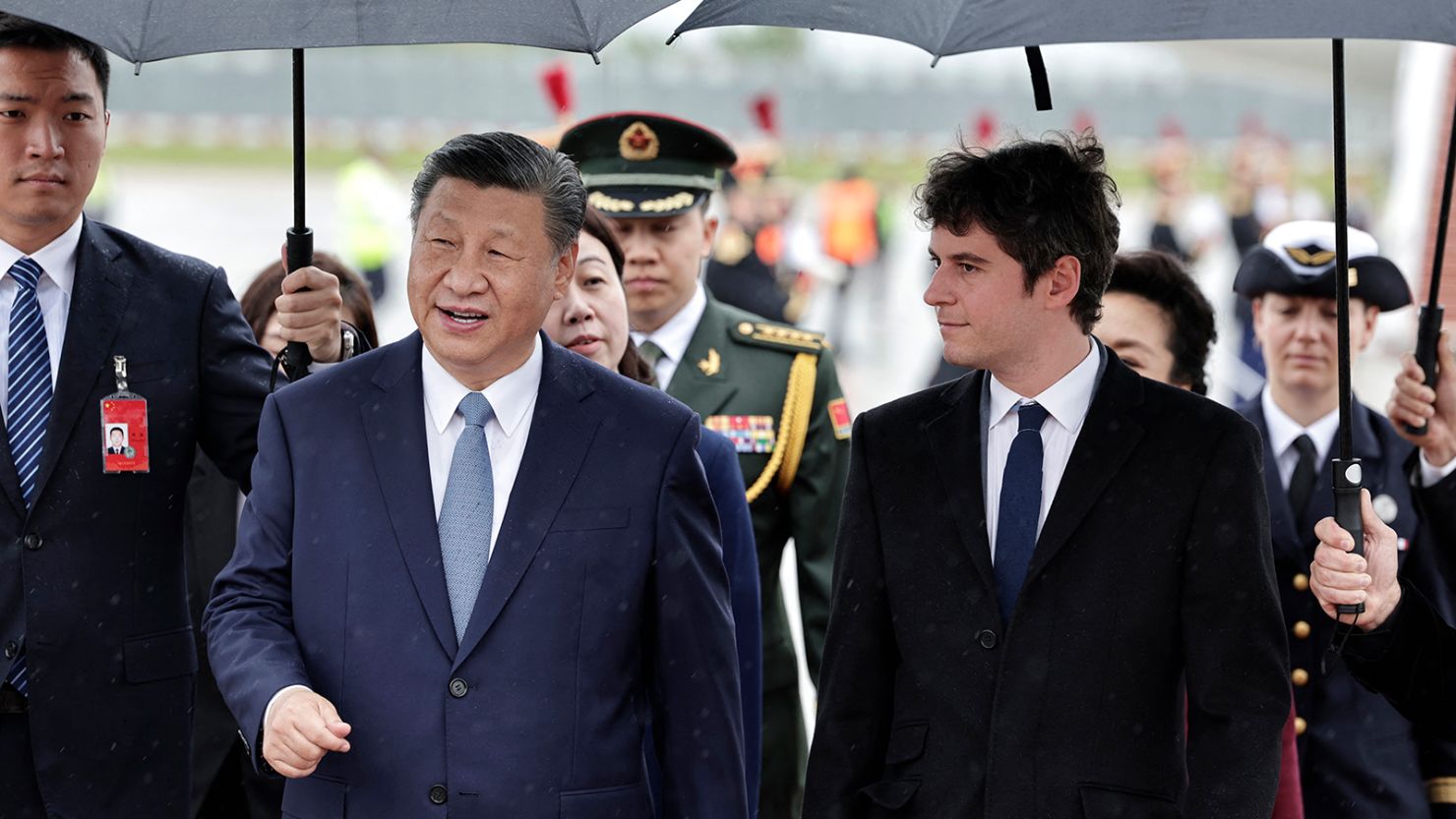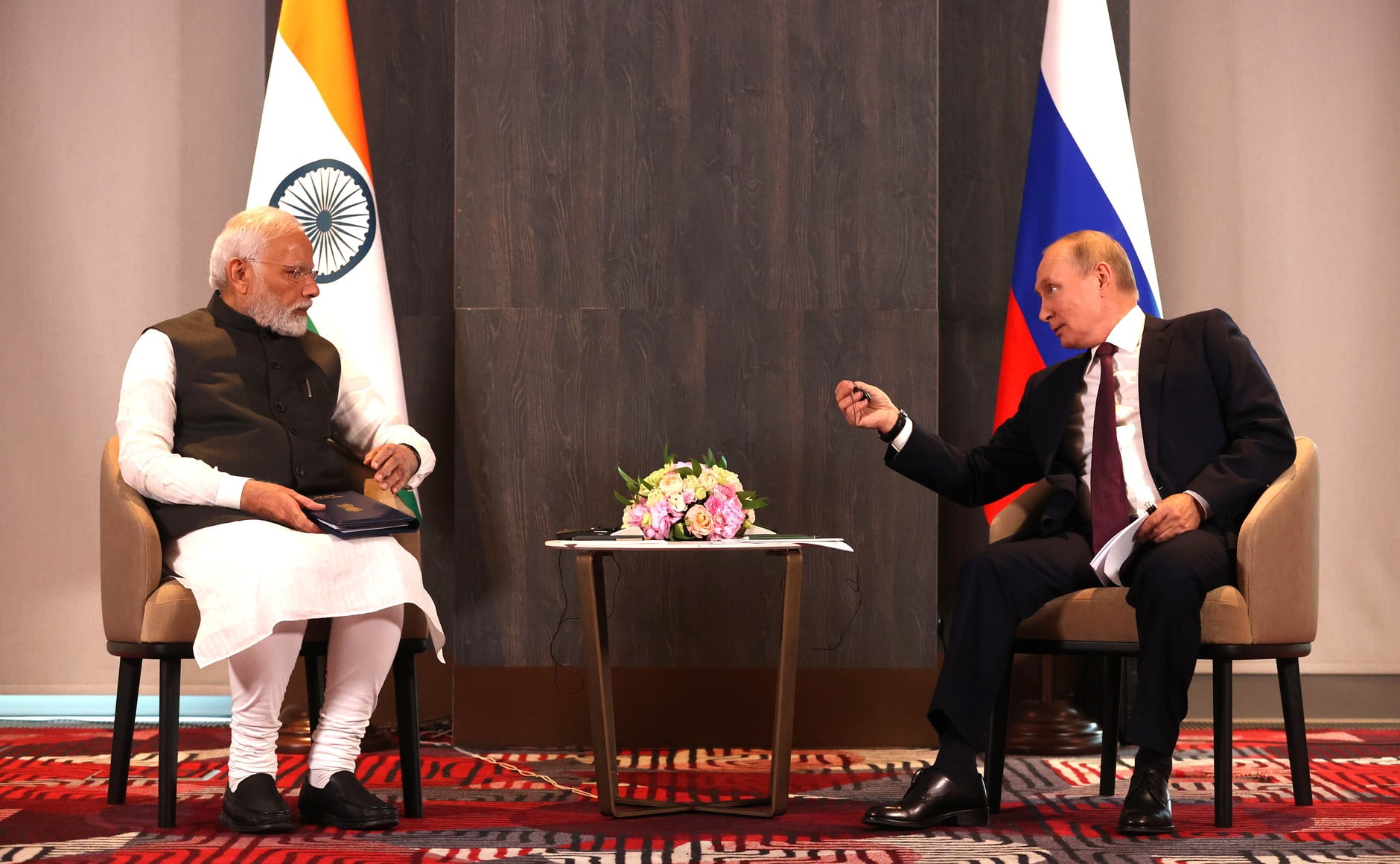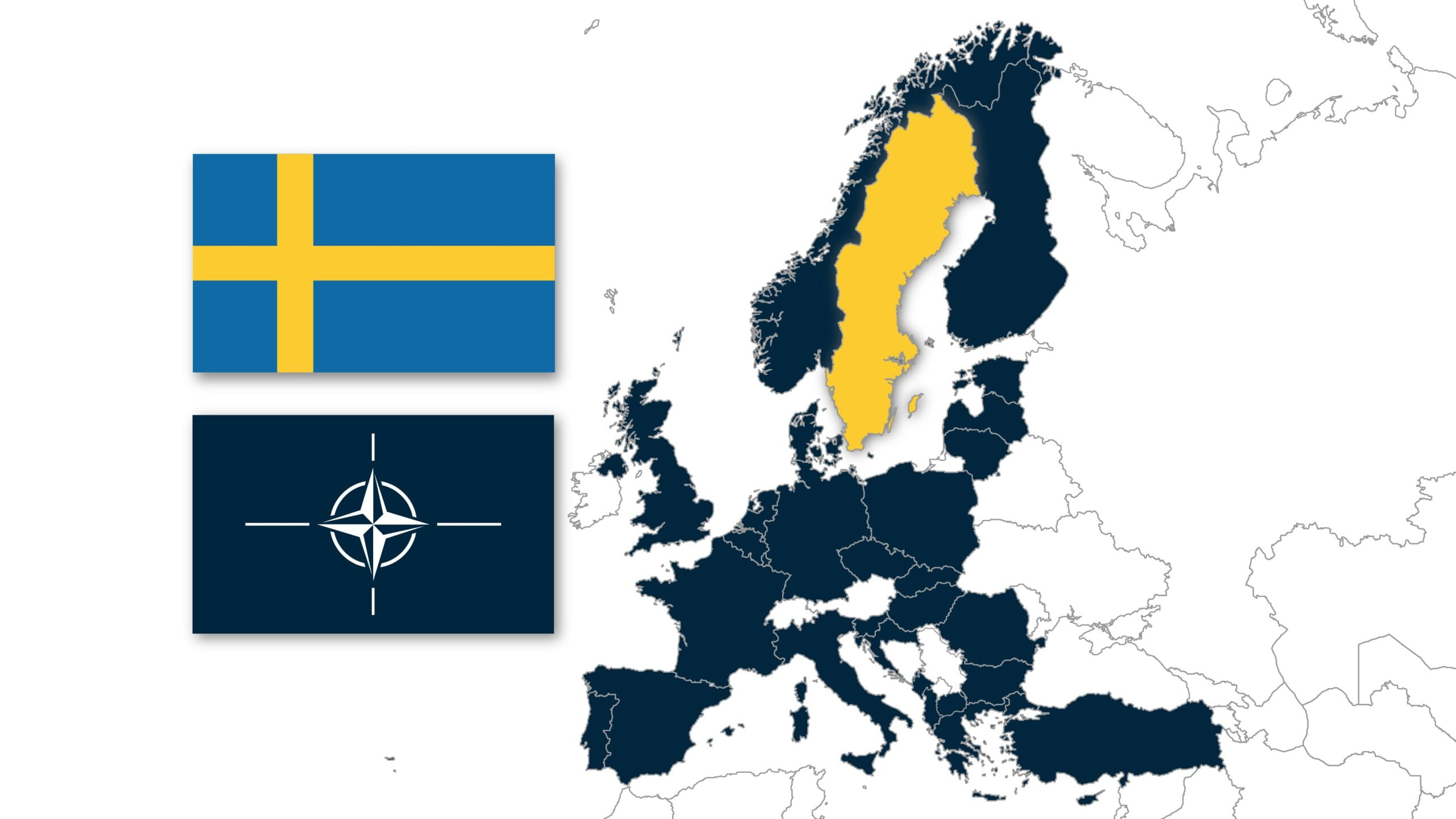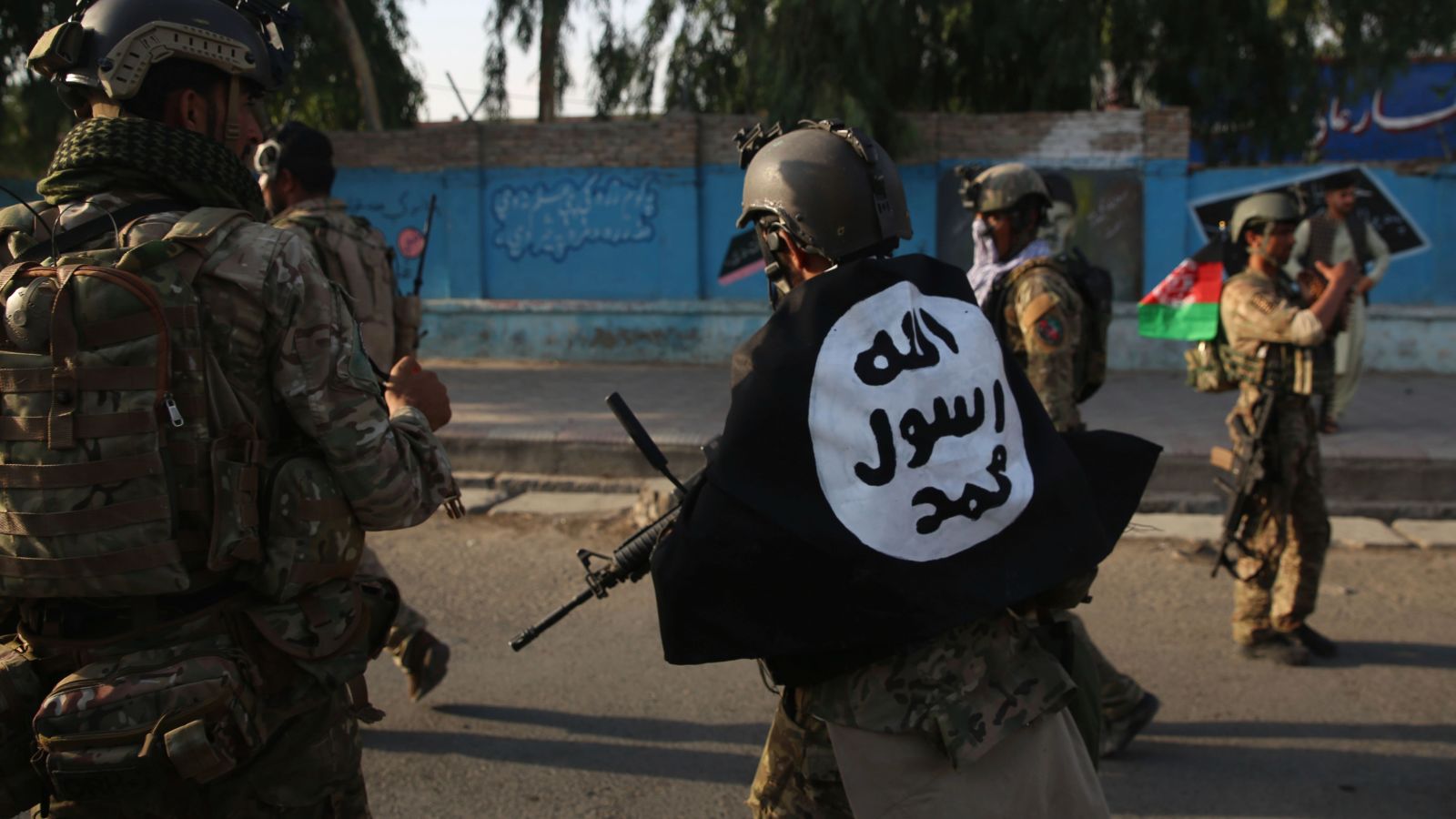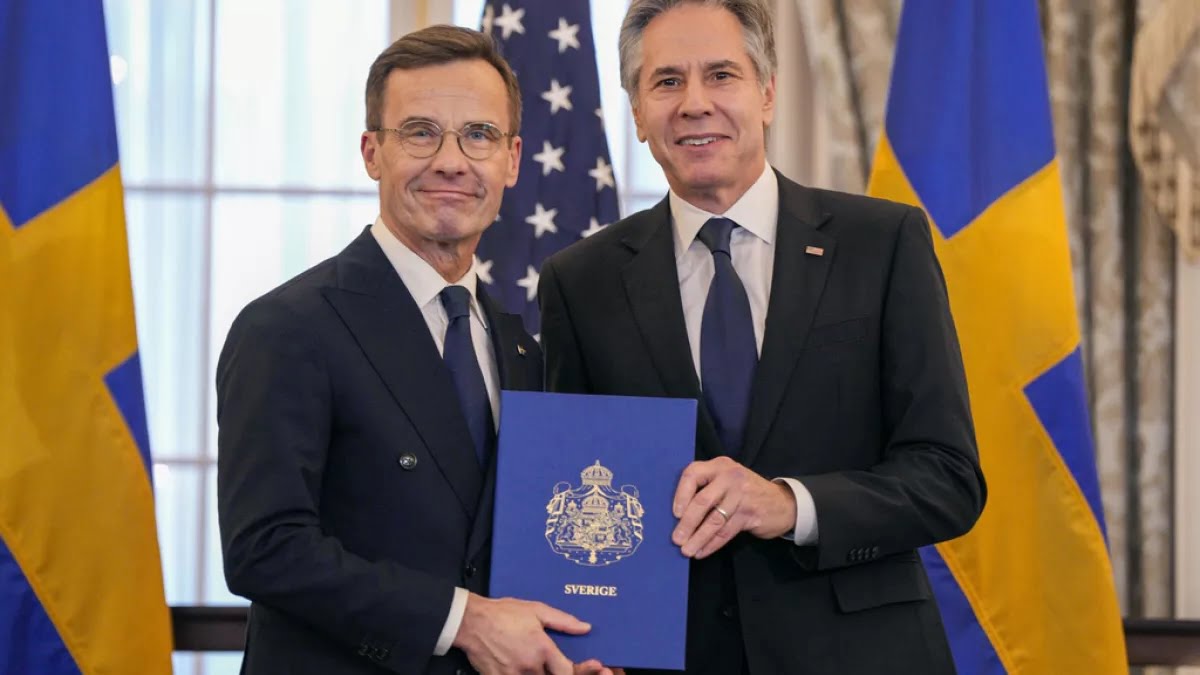Apart from the traditional notion of hard power that involves quantifiable military and economic might, soft power as a facet of power has found political resonance in the realm of international relations in recent decades. Pioneered by Harvard scholar Joseph Nye, soft power is a non-coercive facet of power that has become increasingly important in maintaining hegemony in the world. Soft power entails the art of subtly influencing outcomes by shaping the preferences of other countries and actors outside your own country via the tactics of attraction, appeal, and persuasion.
Category: Europe
The Price of Europe’s Support for Ukraine
The war’s origins trace back to 2014 when Russia annexed Crimea following pro-EU protests in Kyiv, which led to conflict between Russian-backed separatists and Ukrainian forces in Donetsk and Luhansk. Tensions escalated in late 2021 as Russia massed troops near Ukraine’s borders, demanding security guarantees from NATO. When diplomatic efforts failed, Russia launched a full-scale invasion on February 24, 2022, citing security concerns and alleged persecution of Russian speakers. Initial assaults targeted Kyiv, but after failing to seize the capital, Russian forces withdrew in April, refocusing their offensive on eastern and southern Ukraine, where as of 2024, they occupy around 20% of Ukraine, having gained over 4,000 square kilometres.
An Independent Scotland and a United Ireland for the World
Ten years after the contemporary Scottish independence movement began, Scotland’s independence and the long-awaited reunification of Ireland have become historic certainty. Political figures made the startling announcement that Northern Ireland will soon join the Republic of Ireland and that Scotland will be recognised as an independent country. The British Isles, as well as the distribution of power and international relations worldwide, are now redefined by these two significant events, which have their roots in decades of cultural revival, political unrest, and revolutionary catalysts.
COP29: Disappointment at Baku
The multilateral UN Framework on Climate Change, which was established to address climate change, once again revealed disappointing results from the pledges made by developed countries at its COP29 climate financing summit in Baku, Azerbaijan. The unsettling start from the Azerbaijani president’s stirring statement that fossil fuels are a “gift from God” kicked off the meeting drawing disparagement from figures such as Greta Thunberg who referred Azerbaijan as “an authoritarian petro-state.”
Time for Europe: Forging a New Path Ahead
The US Elections are over and the victory is resoundingly for Donald Trump. Europe leaders are nervous about what it would mean for Europe, NATO and the war in Ukraine. European Union, the largest regional bloc, still doesn’t speak in one voice. French President Emmanuel Macron has been leading the charge in forging an independent Europe. Since the end of World War 2, Europe has been tangled with the US in all the ways possible which has created an atmosphere of dependence on the US.
Xi’s European Tour: Global Power Shifts and India’s Challenge
In these changing times, where every nation is trying to recalibrate its position according to its interests and the shifting power balances President Xi Jinping’s visit to France, Hungary, and Serbia has garnered observers of international politics their inquisitive seats of analysis. This comes when multiple conflictual clashes are building around the globe. The more than two-year war in Ukraine, the result of which seems to be elusive to the site, the Israeli siege of Gaza and its spillover effects in the region and the covert build-up of tensions between Israel and Iran distorting the current power status quo.
India must Recalibrate its Diplomatic Ties with Russia
When he arrived in India, the Foreign Minister delivered a noteworthy statement, asserting that India’s longstanding ties with Russia are rooted in a ‘Soviet Legacy’ that is gradually dissipating. He urged New Delhi to reconsider its relationship with Moscow and align more closely with Kyiv, reflecting Ukraine’s perspective on the evolving global landscape.
Sweden’s NATO Membership Rewrites Europe’s Military History
Sweden formally joined NATO (North Atlantic Treaty Organization) on March 7, 2024, becoming the 32nd nation to do so. Sweden’s membership, which follows that of neighbouring Finland, is a consequence of Russia’s invasion of Ukraine. This move marked a major change in the country’s foreign policy and could influence the course of the ongoing conflict between Russia and Ukraine. Membership marks a clear break with the past when for more than 200 years Sweden avoided the military alliances and adopted a neutral stance even in the war times. Swedish Prime Minister Ulf kristersson handed over the final documentation to the US government on 7th march. This was the last stage in prolonged process in gaining support for joining the military alliance.
ISIS-K Sent their Message to Russia. What’s Next?
In a horrifying assault that has sent shockwaves across Moscow, gunmen clad in combat fatigues unleashed a devastating onslaught at the heart of the city’s entertainment scene. At Moscow’s Crocus City Hall, where anticipation filled the air for a performance by the esteemed rock band Picnic, the evening took a tragic turn as at least 143 lives were brutally cut short, with a staggering 187 individuals left wounded. The assailants, numbering at least five and armed with automatic weapons, infiltrated the bustling concert hall in the western suburbs, mercilessly firing into the unsuspecting crowd. Their sinister intent was further underscored by the detonation of explosives, igniting a blaze that engulfed the venue in chaos and despair
Sweden’s NATO Accession: What it Means for Russia-Ukraine War
After Finland joined NATO in 2023, Sweden followed and became an official member of NATO. After months of uncertainty caused by the hesitations of Turkey and Hungary, Sweden officially became a member of NATO. Turkey’s objections to Sweden’s membership were linked to concerns over the country’s policy towards the Kurdish militant organisations. A deal involving the transfer of F-16 fighter jets to Turkey appears to have played a role in unlocking Turkey’s changed stance on Sweden. Sweden, considering the deteriorating security environment since 2014, brought back its ‘Total Defence’ model in its defence policy
